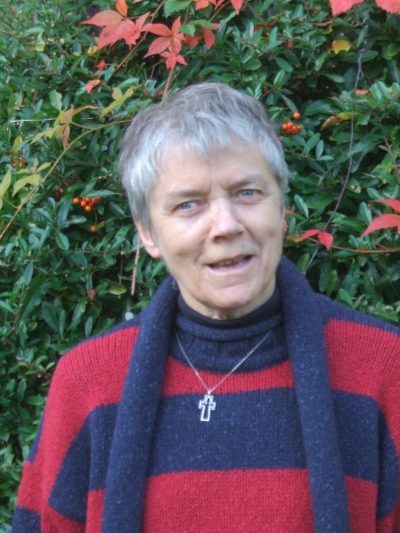ECI chairperson, Catherine Brennan SSL, has cautiously welcomed the outcome of the UN climate summit negotiations, describing the Durban Platform as “a step in the right direction”.
 “It keeps the Kyoto Protocol alive, which is a good thing,” she said, before adding, “But something stronger will be needed in the near future. It does represent progress but it does not do enough to protect vulnerable communities in developing countries who are already experiencing the effects of climate change.”
“It keeps the Kyoto Protocol alive, which is a good thing,” she said, before adding, “But something stronger will be needed in the near future. It does represent progress but it does not do enough to protect vulnerable communities in developing countries who are already experiencing the effects of climate change.”
The United Nations claims that its Climate Change Conference held in Durban in November/December 2011 delivered “a breakthrough” on the international community’s response to climate change although many environmental groups and development charities claim it does not go far enough.
The negotiations advanced the implementation of the Convention and the Kyoto Protocol, the Bali Action Plan, and the Cancun Agreements.
Key decisions included: to launch a new negotiating process that will develop a new ‘protocol, legal instrument or agreed outcome’ covering all countries by 2015 with implementation by 2020; to establish a second commitment period under the Kyoto Protocol beginning in January 2013 and ending 2017 or 2020; and to set up the new Green Climate Fund.
In what the UK delegation called a ‘major realignment of support’ more than 120 countries formed a coalition behind the European Union’s proposal of a roadmap to a global legally binding deal to curb emissions.
African states together with the least developed countries such as Bangladesh and Gambia, and small island states vulnerable to rising sea levels, like the Maldives, joined with the EU to put forward a timetable which would see the world negotiate a new agreement by 2015 at the latest.
To achieve rapid clarity, Parties to this second period will turn their economy-wide targets into quantified emission limitation or reduction objectives and submit them for review by May next year.
The Kyoto Protocol’s accounting rules, mechanisms and markets all remain in action as effective tools to leverage global climate action and as models to inform future agreements.
The next major UNFCCC Climate Change Conference COP 18 is due to take place between November and December 2012 in Qatar.
“The Durban Platform commits all countries to work for a comprehensive binding treaty to be signed no later than 2015 and to come into effect in 2020,” says Fr Seán McDonagh SSC. “The only problem is that this might be too late. The scientists are telling us that we need to begin reducing greenhouse gas emissions by 2015.
“We are also learning that, with the thawing of the permafrost in Siberia and Canada and the US, large quantities of methane are being released in the atmosphere. Methane is 20 to 25 times more potent as a greenhouse gas than carbon dioxide.”
Sr Catherine Brennan says, “The vast majority of people appear to believe that, in the end, jobs and economic growth are more important than the environment. When the choice is expressed so starkly, it would take a brave person to say that the environment comes first and that people must suffer.
“Of course, this is a fallacy. But as yet environmentalists find it hard to say why protecting the environment as a response to an ‘issue¹ will always leave us with division. Protecting the environment because it makes us more fully human, and without it we are diminished spiritually, economically, physically and mentally, is a far more powerful reason.”
